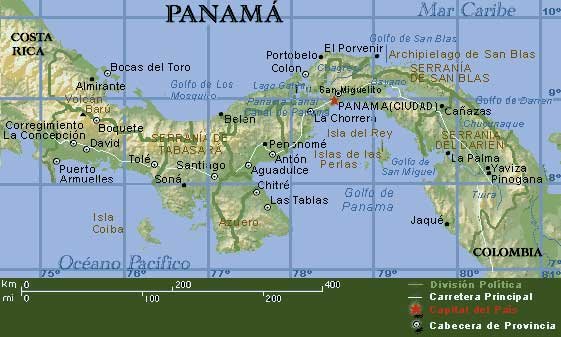
I was in Port the other day and Vernabel, a really nice guy who lives north of me on the island, was there selling his fish. I took pictures to share here.
Vernabel typically fishes at night, for most of the night. Each fisherman tends to have his favorite time of the day to fish. Vernabel told me that the fish he was there to sell represented about 5-6 nights work for him. He also will buy fish from other islanders and then re-sell them with his. He keeps them fresh with ice in the big plastic cooler, the ice can last for up to a week if he is careful and the weather is not too hot. When he has a full cooler, or when his ice is running out he heads to port to sell his catch.
In the above photo he is working with a friend to organize his catch by value of the fish.
When a bin is full it is hauled up the dock ramp by hand to the waiting truck where they weigh it. This box weighed in at 110 lbs. Vernabel is then paid for the weight of fish that he brought in. Most fish sells for $.50 to $.80 a pound. Shrimp that are a good size (about 8-10 shrimp per pound is good size) go for $4-$5 a pound, lobsters run more...but I don't know current market value for them.

The fish is then tossed in a similar cooled in the back of the truck to be hauled to  In
In
- corbina (drum -according to a list of fish name translations)
- pargo (red snapper - seen in photo below)
- atun (tuna)
- tiberon (shark, in this case usually hammerhead sharks)
- lobsters (they don’t have claws here) Lobster numbers are down and you have to have a special permit to use a lobster net, but not everyone follows those laws.
- shrimp (shrimp the size of my hand are not uncommon….well they are becoming less common but no one gets as excited by how big they are as I do!).

There are also several species of fish that are caught but are only used for family consumption as they don’t have enough market value to sell, like congo (similar to a bigheaded catfish). They also collect some mollusks and clams for family consumption.
I also find it interesting that some parts are dried and sold separately. For example the lungs of large corvina are dried and sold for about $10 a pound. They look like hard, semitransparent white, elongated 10 inch disks. The same price of roughly $10 a pound is true for the fins of the sharks. Both products, I am told, are sold to an Asian medicinal market.
The practice of catching sharks and removing the fins and then tossing the mortally wounded shark back in the ocean has been banned, but continues to be a problem because the shark meat may not be as high a value as some other fish that they can catch. So the fishermen will sometimes catch a shark and be tempted to remove the fins but not keep the meat because it takes up space that they would like to fill with more profitable fish.
It just goes to show that our consumer choices can have a real impact on a world scale and small local economies far more distant than we sometimes realize. The people in my village are directly impacted by the world's current thoughts about how "in style" is shrimp or lobster. They remember clearly a time when the shrimp demand pushed the price up to $8 a pound.
I urge each of us to think when we shop about the impacts (locally and globally) of our consumer choices. With seafood it is much easier to do than you would think, just visit the Monterey Bay Aquarium website to read, download or print a current seafood consumer guide: http://www.mbayaq.org/cr/SeafoodWatch/web/sfw_regional.aspx
I challenge you to use the guides provided by Monterey Bay Aquarium the next time you eat in a restaurant or shop for seafood...I bet you find your meal tastes a little bit better because you know that you are a smart and environmentally minded customer.


1 comment:
Hello April and Kevin -- Thanks for your blog, I enjoyed the fish tale.
Hello from Sharon McNary, an RPCV Bolivia-12 1995-97. I now work at Marketplace, the business show on public radio.
Say, I'm trying to reach international readers with questions about how they are feeling the global financial crisis, if at all.
Would you be willing to answer a few questions and perhaps cirulcate the link to them? I'm especially interested to see how developing nations are being affected.
Some of the people who respond may be contacted by a reporter, but initial responses are confidential. Hope you are doing well, and that you can help me out.
Here's a link to the questions:
www.tinyurl.com/MarketplaceFinance
Thanks in advance y buena suerte,
Sharon McNary
smcnary@marketplace.org
Post a Comment